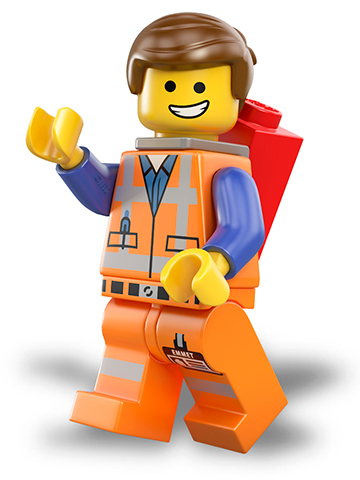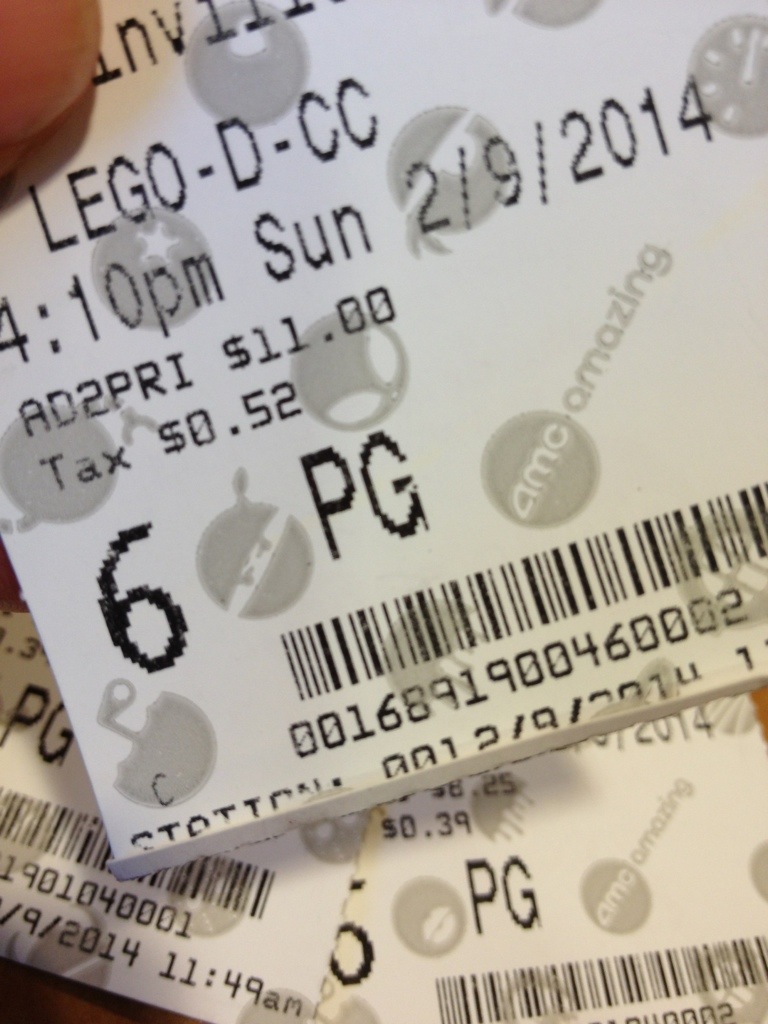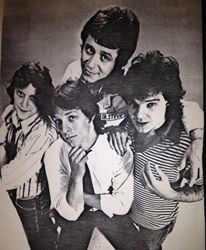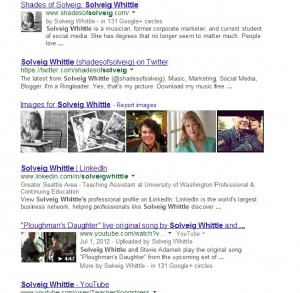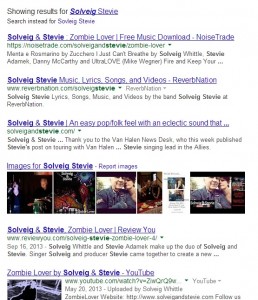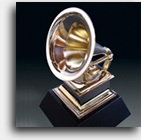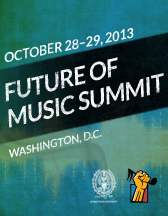This past weekend I saw the Lego Movie. It’s a fun movie – more than just a 90 minute commercial, as FastCompany wrote, (really, I promise). Now, I rarely go to see movies, so it’s even rarer that I actually like one.
Will Ferrell has a great (non-animated) role, and Morgan Freeman shows off his considerable deadpan and off-the-wall comedic skills. Is there anything Morgan Freeman doesn’t narrate these days? If you’ve never heard him narrate his own life, I’ve embedded it below. It’s hilarious. But let’s get back to the movie.
I think in all honesty, the Lego Movie’s target audience is GenY parents and Baby Boomer grandparents more than children. I wouldn’t be surprised if the movie creates a boom in adult Lego construction. If you’ve read anything about Lego recently, though, they have been amazingly astute at marketing their products in the past ten years. They didn’t exactly need the movie to sell their products.
The movie is packed full of sly inside jokes and life lessons. I thought I would pluck just a few and write them down, trying not to spoil the movie for you, in case you haven’t seen it:
- Encourage creativity in yourself and others. Be patient. Like Vitruvius was with Emmet.
- Sometimes an empty mind can be the most fertile place for ideas to appear. Also, like Vitruvius said.
- Stay flexible so you can adapt to change on the ground. Keep moving forward even when you don’t know what’s going on. Like Emmet did.
- Sometimes a little anger accomplishes a lot. You don’t have to be happy all the time. Like Unikitty.
- Be yourself. Don’t try to be someone else just because you think it’s cool. You’ll
 attract the wrong kind of people. Like Wyld Style (AKA Lucy).
attract the wrong kind of people. Like Wyld Style (AKA Lucy). - Teamwork and collaboration can build things no individual can. Like Emmet showed the team.
- Sometimes the most mundane idea can save the day. Like the double-decker couch.
- Maybe someone who is standing in your way just needs a little encouragement and love. Like Mr. Business.
- Even the most ordinary creator is special. You just have to believe in yourself. Like the cat poster said.
- The prophecy is just made up. You make your own destiny. Like Morgan Freeman (AKA Vitruvius) said.
I think this is the shortest blog post I’ve written in quite a while. Perhaps there’s a lesson in there for me, too…
Would love to hear your thoughts, comments, rebuttals – as always, please leave a comment below.

